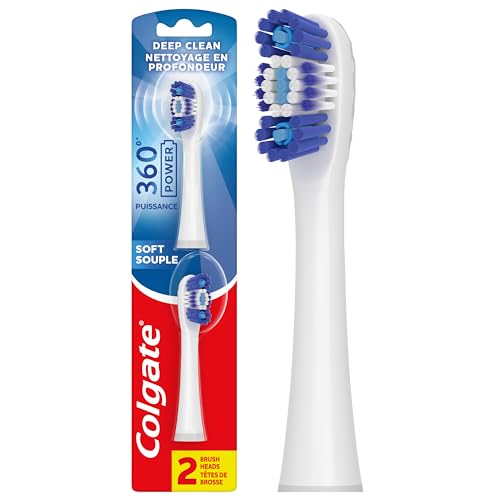How To Treat Hypocalcification? Natural Remedies

Hypocalcification, a condition characterized by the underdevelopment or incomplete calcification of dental enamel, can significantly impact an individual’s oral health and self-confidence. This condition, which can be caused by a variety of factors including genetics, environmental influences, and nutritional deficiencies, presents as teeth that are discolored, often appearing yellow, brown, or white, and may be more susceptible to decay and sensitivity. While traditional dental approaches focus on restoring the aesthetic and functional integrity of the teeth, natural remedies and preventative measures can also play a crucial role in treating and managing hypocalcification.
Understanding Hypocalcification
Before delving into natural remedies, it’s essential to understand the causes and symptoms of hypocalcification. This condition can affect both primary and permanent teeth and may be localized to a few teeth or be more widespread. Factors contributing to hypocalcification include prenatal and perinatal conditions, childhood illnesses, and nutritional deficiencies, particularly in calcium, phosphorus, and vitamins A, C, and D. Environmental factors such as excessive fluoride exposure can also contribute to the development of hypocalcification.
Natural Remedies for Hypocalcification
While natural remedies cannot reverse hypocalcification, they can help in managing the condition, improving oral health, and preventing further dental issues.
Dietary Changes: A diet rich in minerals such as calcium, phosphorus, and vitamins can help support tooth health. Foods high in these nutrients include dairy products, leafy greens, nuts, and fish. Vitamin D, crucial for calcium absorption, can be obtained through sunlight exposure, fatty fish, and fortified dairy products.
Mineral Supplements: For individuals with documented deficiencies, supplements such as calcium, phosphorus, and vitamin D can be beneficial under the guidance of a healthcare provider. It’s crucial to ensure that these supplements are taken in appropriate amounts to avoid overdose, which can lead to other health issues.
Good Oral Hygiene Practices: Regular brushing with a fluoride toothpaste and flossing can help prevent tooth decay and promote oral health. However, for individuals with hypocalcification, using a toothpaste specifically designed for sensitive teeth may be recommended due to potential increased sensitivity.
Desensitizing Toothpastes and Mouthwashes: For managing tooth sensitivity associated with hypocalcification, desensitizing toothpastes and mouthwashes can provide relief. Ingredients such as potassium nitrate help block the dentinal tubules, reducing sensitivity.
Oil Pulling: This ancient practice involves swishing oil (such as coconut or sesame oil) in the mouth for several minutes to reduce bacteria and promote healings. While its effects on hypocalcification are anecdotal, it can contribute to overall oral health.
Avoidance of Acidic Foods and Drinks: Consuming foods and beverages high in acidity can erode tooth enamel, exacerbating hypocalcification. Limiting or avoiding such items, including citrus fruits, sodas, and sports drinks, can help protect teeth.
Prevention Strategies
Preventing hypocalcification, especially in children, involves a combination of dietary measures, good oral hygiene, and regular dental check-ups. Ensuring adequate nutrition during pregnancy and early childhood, avoiding excessive fluoride exposure, and maintaining a healthy lifestyle can reduce the risk of developing hypocalcification.
Conclusion
While hypocalcification presents unique challenges in oral health, a combination of natural remedies, preventative strategies, and traditional dental care can help manage the condition and improve the quality of life for those affected. By focusing on dietary changes, mineral supplements, good oral hygiene, and avoidance of harmful substances, individuals can take proactive steps towards mitigating the effects of hypocalcification and fostering healthier, more resilient teeth.
Can hypocalcification be completely reversed with natural remedies?
+No, while natural remedies can help manage and prevent further issues associated with hypocalcification, they cannot reverse the condition. Professional dental treatments may be necessary for aesthetic and functional improvements.
How can I prevent hypocalcification in my children?
+Prevention involves ensuring a diet rich in calcium, phosphorus, and vitamins during pregnancy and early childhood, maintaining good oral hygiene practices from an early age, and avoiding excessive fluoride exposure.


